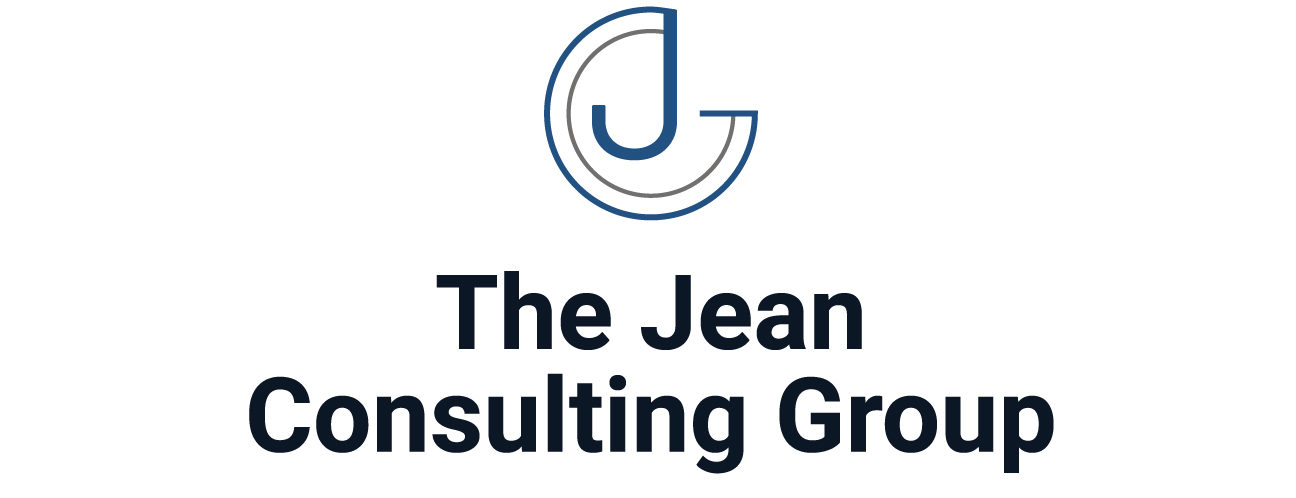In the intricate domain of employment law, the process of employee termination is fraught with potential legal and ethical pitfalls. Organizations must approach terminations with sensitivity and adherence to ethical conduct to minimize the risk of litigation, protect their reputation, and maintain a positive workplace culture. Regulatory compliance counsel plays a pivotal role in guiding businesses through the legal landscape, ensuring that termination processes are conducted fairly, respectfully, and in compliance with applicable laws and regulations. This article explores how businesses can leverage regulatory compliance counsel to navigate termination sensitivity and uphold ethical conduct, thereby safeguarding both the organization and its employees.
Ensuring Legal Compliance in Termination Procedures
Termination of employment, whether for cause, redundancy, or other reasons, must be handled with strict adherence to legal standards. Regulatory compliance counsel ensures that termination processes are in line with both federal and state laws, as well as any relevant contractual obligations.
- Review of Legal Obligations: Compliance counsel reviews the organization’s legal obligations towards employees, including notice periods, severance pay, and any specific termination procedures outlined in employment contracts or collective bargaining agreements.
- Development of Termination Policies: Counsel assists in the development of termination policies that are clear, fair, and legally compliant. These policies serve as a guideline for managers and HR professionals, ensuring consistency and fairness in termination decisions.
- Documentation and Record-Keeping: Proper documentation is critical in termination processes. Compliance counsel advises on the type of documentation required to support the termination decision, minimizing the risk of disputes or claims of unfair dismissal.
Promoting Ethical Conduct and Sensitivity
Beyond legal compliance, ethical considerations and sensitivity to the impacted employee’s situation are paramount. Regulatory compliance counsel guides organizations in adopting practices that reflect respect, dignity, and professionalism.
- Communicating with Sensitivity: Counsel can provide guidance on how to communicate termination decisions in a manner that is respectful and considerate, recognizing the impact of such news on the individual.
- Support and Resources for Exiting Employees: Offering support, such as outplacement services, counseling, or assistance in job search, can be an important aspect of ethical conduct in terminations. Compliance counsel can advise on appropriate and lawful support mechanisms.
- Training for Managers: Regulatory compliance counsel can also facilitate training sessions for managers and HR professionals on handling terminations ethically and sensitively, including how to have difficult conversations and manage the aftermath in the workplace.
Mitigating Risks Associated with Terminations
Terminations, if not handled properly, can lead to legal challenges, damage to the organization’s reputation, and negative impacts on remaining employees. Compliance counsel plays a crucial role in mitigating these risks.
- Risk Assessment: Before proceeding with a termination, compliance counsel can conduct a risk assessment to identify potential legal risks and advise on strategies to mitigate these risks.
- Negotiation of Settlement Agreements: In some cases, negotiating a settlement agreement may be advisable to avoid litigation. Compliance counsel can negotiate and draft settlement agreements that are fair, reasonable, and legally binding.
Conclusion
The involvement of regulatory compliance counsel in the termination process is invaluable for organizations aiming to navigate the complexities of employment law while upholding ethical standards and sensitivity. Through meticulous legal guidance, development of fair termination policies, and promotion of ethical conduct, businesses can manage terminations in a manner that minimizes legal risk, protects their reputation, and maintains a positive and respectful workplace culture. This balanced approach ensures that terminations are handled with the dignity and fairness that every employee deserves, reflecting the organization’s commitment to ethical practices and legal compliance.




